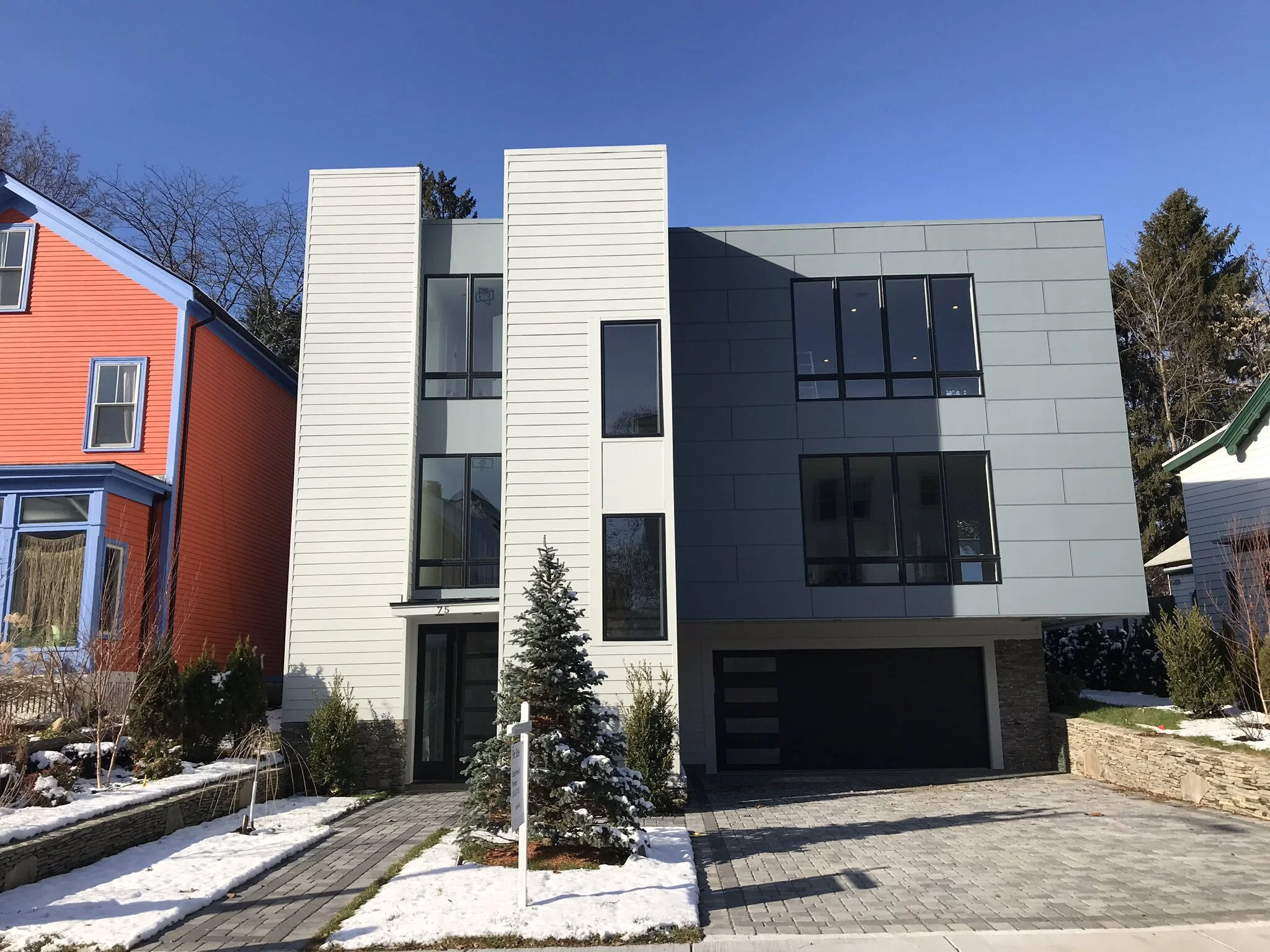Chuck was recently invited onto The Building Culture Podcast to debate the housing crisis with California YIMBY’s Nolan Gray. It was a great conversation that explores how these movements align and differ in their approaches to housing.
Read MoreThe Strong Towns approach to housing has some obvious differences with NIMBYs, but what about the YIMBY movement?
Read MoreFor the first time this year, I attended the YIMBYTown conference, the annual gathering of the YIMBY (Yes In My Backyard) movement. Here were my impressions.
Read MoreIt’s not difficult to have good urban design, the kind that respects neighbors and the neighborhoods they live in. It’s actually a lot less work than the processes we use to administer the suburban zoning codes we have today.
Read MoreDiscourse about affordable housing is dominated by a handful of extremely unrepresentative places, and the solutions that might be applicable in those places don't translate in the rest of the U.S.
Read MoreYou should be wary of anyone who claims to speak for “the community” or “the public,” especially when it’s in lieu of telling you who will benefit from the actions they support.
Read MoreThis week’s Upzoned episode reflects on how the nuances of housing policy don’t lend themselves to broad stereotypes.
Read MoreIt’s no wonder that some people oppose new housing when the housing and infrastructure projects they see are disruptive construction work that drags on for years.
Read MoreIf you want to see more homes built in your city, good urban design isn’t your enemy. And neither are those who insist on it.
Read MoreIn Seattle, policy victories tend to be long-fought and hard-won. What will it take to achieve a city that can flex, evolve, and meet its residents’ needs in a more organic way, without every change becoming an arduous political battle?
Read MoreA remarkably diverse coalition of activists is moving the needle in Seattle on the question of who—and what—belongs in the city’s neighborhoods. And they’ve scored two big policy victories in 2019. Is it enough?
Read MoreAcademic evidence doesn’t do much to shift public opinion about housing policy. What’s missing is trust—and cultivating that requires a different approach.
Read MoreTwo simple questions can help us understand why different groups don’t seem to speak the same language about growth and development in cities, and why seemingly-strange political alliances form around these issues.
Read MoreLocal advocates who are at each others’ throats often have legitimate, but conflicting, aims. Talking about the trade-offs involved isn’t going to make us all start agreeing with each other. But it might make our disagreements more productive.
Read More













